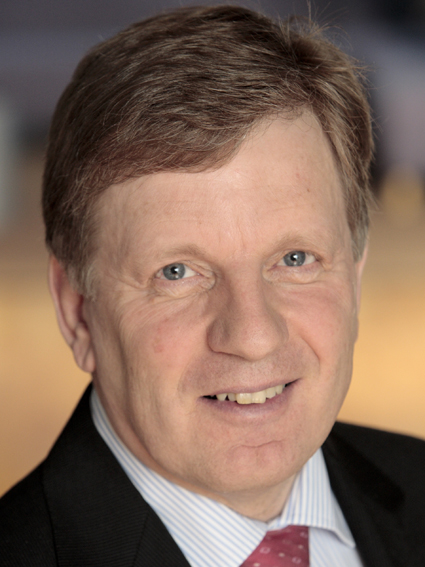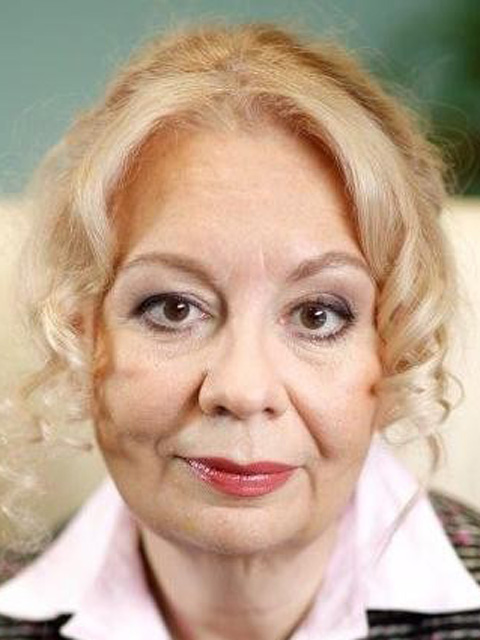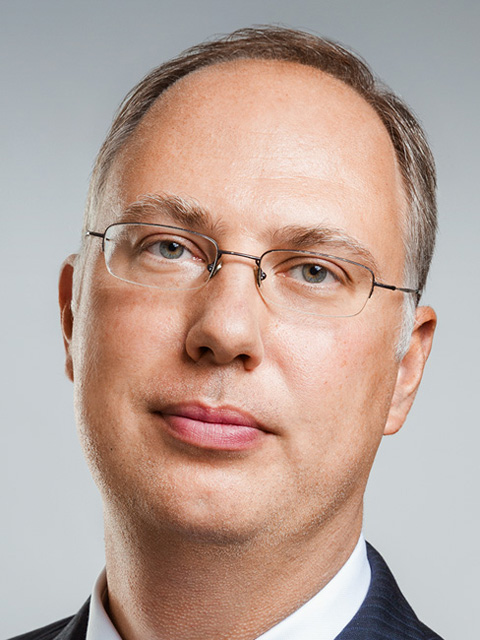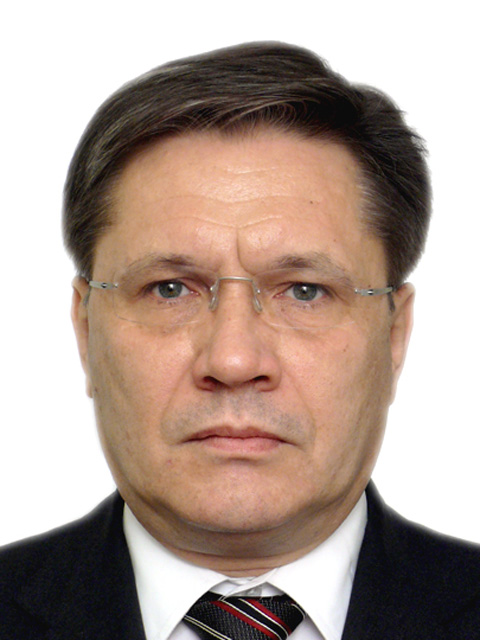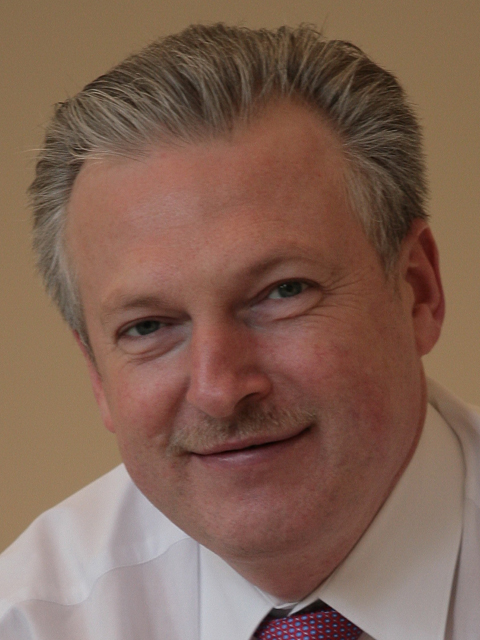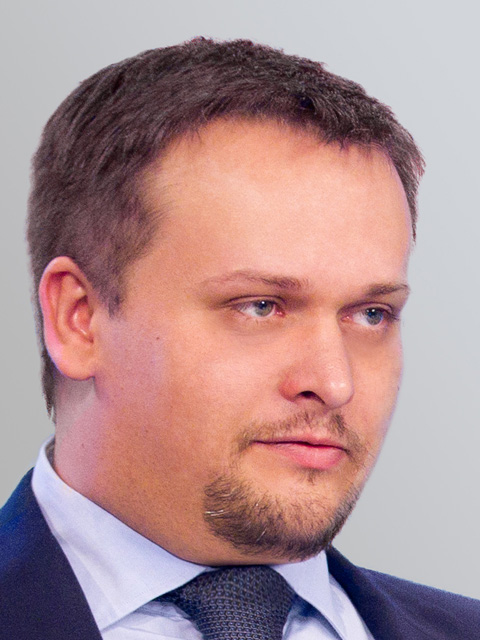CHANGES TO THE INVESTMENT CLIMATE IN THE CIS
The CIS economies are poised to undergo a number of macroeconomic changes brought about by integration within the Common Economic Space and Russia’s accession to the WTO. What are the prospects of this economic sphere going forward, and what is the likely impact of integration on the competitiveness and business environment of individual economies?
Moderator:
Sergei Naryshkin ,
Chairman, State Duma of the Russian Federation
Panellists
Esko Aho ,
Prime Minister of Finland (1991–1995); Executive Chairman of the Board, East Office of Finnish Industries
Tatiana Valovaya ,
Member of the Board - Minister in Charge of Integration and Macroeconomics, Eurasian Economic Commission
Kirill Dmitriev ,
Chief Executive Officer, Russian Direct Investment Fund (RDIF)
Alexey Likhachev ,
Chief Executive Officer, ROSATOM State Atomic Energy Corporation
Igor Maksimtsev ,
Rector, St. Petersburg State University of Economics
Andrey Nikitin ,
Acting Governor of Novgorod Region
Clyde C. Tuggle ,
Senior Vice-President, Chief Public Affairs and Communications Officer, The Coca-Cola Company
James Turley ,
Chairman, Chief Executive Officer, Ernst & Young Global





